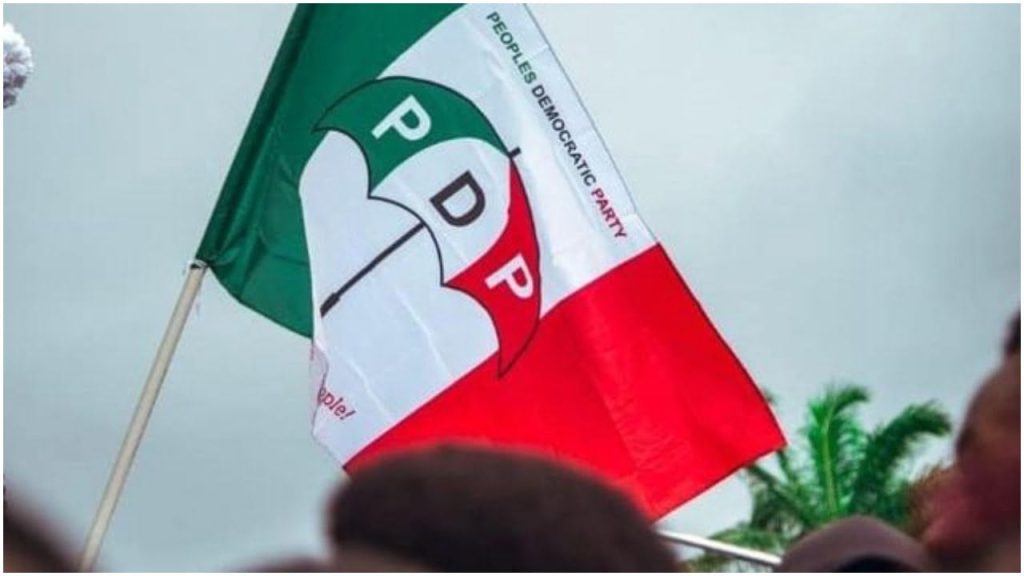The Independent National Electoral Commission (INEC) has announced it will provide electoral materials related to the Edo State governorship election on September 21 to the Peoples Democratic Party (PDP) today, responding to an earlier complaint regarding delays. Edo State’s Resident Electoral Commissioner, Dr. Augbum Onuoha, confirmed this arrangement amidst allegations from the PDP that INEC officials were intentionally withholding materials to manipulate them and hide evidence of electoral rigging. The PDP had raised concerns that a lack of access to these materials would hinder their ability to file a legal challenge against the election results, which favored the All Progressives Congress (APC) candidate, Senator Monday Okpebholo.
The state’s Commissioner for Communication and Orientation, Chris Osa Nehikhare, further asserted that INEC’s delays seemed to be part of a larger strategy to collaborate with the APC to undermine the PDP’s legal recourse. The APC’s victory, which granted them 291,667 votes against the PDP’s 247,274 for candidate Asue Ighodalo, has been challenged by the PDP and Ighodalo, who contend that the election outcome was marred by irregularities. They have secured a court order demanding access to inspect critical electoral materials but have reported difficulties in obtaining these materials from INEC.
Nehikhare expressed concerns that these delays are intentional and aimed at obstructing the PDP’s efforts to file an appeal by the deadline, alleging that the APC may resort to further drastic measures, including potentially damaging INEC facilities to erase evidence of electoral fraud. On the ground, the PDP’s legal team had previously visited INEC’s headquarters to seek access to essential documents such as the BIVAS machine and ballot papers, but were denied entry, citing a lack of cooperation from INEC, even after producing a court order.
In a show of solidarity and protest against the election results, the women’s wing of the Edo PDP organized a demonstration, voicing their dissatisfaction over what they described as a “stolen mandate.” The group, dressed in black, expressed collective mourning over the perceived loss and called for the return of the electoral victory they believe rightfully belonged to Ighodalo. Their spokesperson, Stella Okoro, stated that the women were deeply anguished by the situation, and demanded that their voices be heard, emphasizing their determination to reclaim their votes and express their discontent with the electoral process.
Amid these protests, the Edo APC has refuted the allegations made by the PDP, asserting that the claims are unfounded and a distortion of reality. The APC emphasized that their supporters at the INEC office were present to protect the integrity of what they regarded as a fair victory, and they described the PDP’s allegations as confusion arising from the latter’s electoral defeat. The APC has insisted that any supposed manipulation of election results is merely a reflection of the PDP’s inability to accept the election outcome legally, stressing that the election was conducted and won fairly over two weeks prior.
Ultimately, the tensions surrounding the Edo State election highlight ongoing disputes about electoral integrity in Nigeria. The situation raises important questions about the regulations governing electoral materials and the responsibilities of electoral commissions in ensuring transparency and fairness in the electoral process. As the PDP pursues legal action against the declared results and the APC stands firm in its victory position, the unfolding events present a significant chapter in Nigeria’s democratic evolution, where issues of justice, representation, and electoral fairness continue to resonate within the political landscape.














